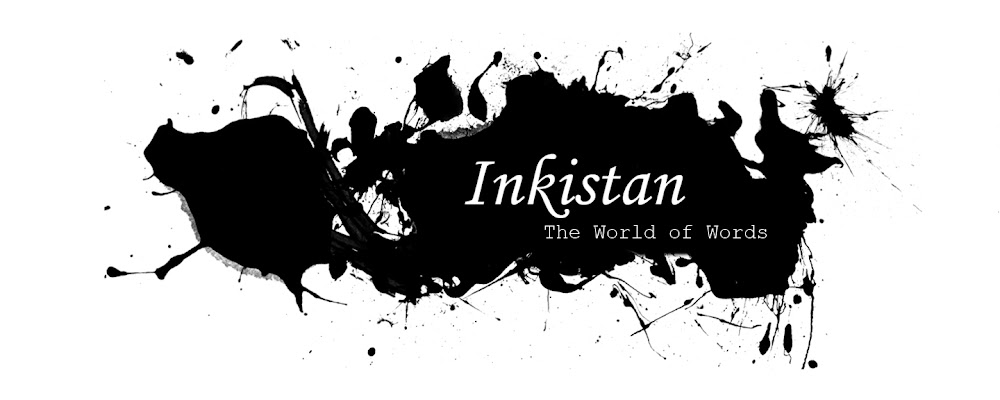By Fizza Ali Khan
SALUTE
By Siddiq Salik
Reviewed on: 21st February, 2012
386pp, Rs. 595
Struggle is the key to success. But what of those who do not bother to struggle, and yet have successful lives?
Siddiq Salik was one such person. After getting a Masters degree in English Literature, he “ruined” his future prospects by accepting an offer to join the Pakistan Army. Only the most basic military training, based on handling a pistol and saluting to seniors, was sufficient for him before he moved on to “serious captain duties”: in charge of “press and propaganda”, ending up considering himself equal to the Nazi master of lies, Josef Goebbels.
Salute records his memoirs, covering the enormous distance from captain to major as more of a newspaper editor/correspondent than a fighter. It gives the reader an insight into the lighter side of Pakistan Army, with instances like injured, hospitalised soldiers’ comments on a nurse and complaints about the lack of women in Pakistan Military Academy, and the married author’s own infatuation with a military doctor.
But life is not all fun and games in Pakistan Army, and Salik makes that very clear. His accounts of the 1971 war reported from Bangladesh would prove eye-opening for many, defying the then government’s attempts to censor all sensitive news. The causes and the consequences of the involuntary surrender of the 90,000 “robots” are brought to the limelight, with the latter discussed more in detail in his first book, Mein Ne Dhaka Doobta Dekha (I Witnessed the Fall of Dhaka). He also talks of his experiences with different governments, Zulfiqar Ali Bhutto’s democracy and Zia ul Haq’s dictatorship focused more than the others.
The book was written in Urdu, albeit with frequent use of English terminology, which may be reflective of the initial “farangi” lifestyle of army men. It starts out sounding like a self-indulgent autobiography, but maturity seeps in and a more humble tone replaces the self-conceitedness of an obnoxious soldier as the story progresses.
Salik has not aimed for a specific audience; his humorous style of writing, marked by sarcasm and hyperbole, is meant to appeal to the masses, military and civilian alike. The popularity of the book may be due to the author’s civilian perspective of military life.
However, according to some, this perspective is the propaganda of the Pakistan Army to build support for itself, perhaps for yet another military takeover of the country. What they fail to take into account though, is that the author’s intention was to poke fun at every government for inefficiency, particularly the military dictators.
It is unfortunate that Siddiq Salik did not live to clarify the criticism. He died a Brigadier in a plane crash, even before Salute was published.

